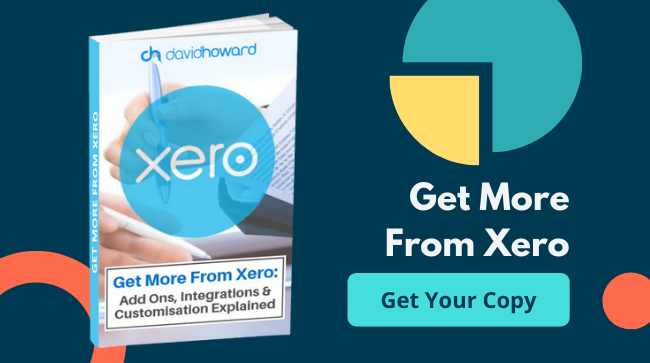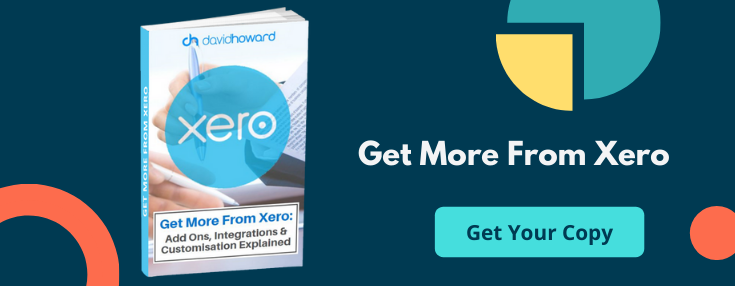What Is Special Opening Year Loss Relief For Sole Traders?

Setting up a new business is costly, as the initial expenses required to get up-and-running can quickly accumulate, so the first few months – or even years – is often spent with reduced profits while start-up expenditure is repaid.
It is during the first year of trading that a fledgling business is at its most vulnerable, with unavoidable financial commitments that are not matched by income receipts – one of the key reasons why an estimated 60% of businesses fail within their first three years.
If you’re setting up your new business as a self-employed sole trader or partnership, you can support your finances by claiming opening year loss relief to offset start-up costs against your tax bill. For certain pre-trading expenses, you can claim tax relief for up to seven years before launching your business.
What Expenses Can You Claim For?
Only certain costs can be claimed as allowable expenses under opening year loss relief. These include:
- Office costs, including stationery, printing and postage.
- Company uniforms and protective clothing (although not suits or standard business wear)
- Travel costs, including fuel or train/bus fares.
- Equipment including motor vehicles, machinery, tools and computer hardware, where this is necessary to operate your business.
- Business premises costs (fuel, lighting, water rates, or business rates).
- Staff salaries.
- Cost of sales: stock that is purchased to sell on, including raw materials for a production line. Subcontractor costs are also considered cost of sales for expenses purposes.
How Can I Claim Opening Year Loss Relief?
Opening year loss relief can be claimed in one of four ways:
1) Offset your allowable start-up costs against your income in the same tax year
Sideways loss relief is only appropriate if you have a salaried income during your first year of trading, so you can offset your expenses against this.
2) Offset your allowable start-up costs against the previous year’s income
Many new sole traders will have held an employed position for which they received a salary in the tax year before launching their business. This is a common option to minimise your losses, as you’ll have paid tax in the previous financial year.
3) Offset your allowable start-up costs against the previous three years’ income
If you have insufficient income in the current or previous tax year, an alternative is to claim against the last three years instead (beginning with the earliest year, which for 2020-2021 would be 2017/2018). If you make a loss during each of the first four years of trading, you can continue to claim against your income in the three previous years.
4) Offset your allowable start-up costs against future years
Although rarely chosen, this is sometimes the only option if the sole trader has not paid any tax in the three years before commencing trading.
Your Next Steps
To take advantage of tax relief on first year losses, it makes sense to launch your new venture as a sole trader or partnership, and to convert to a limited company later. A knowledgeable business adviser who can work alongside you is key to bolstering the chances of success in your first year.
At David Howard, we are experts in supporting entrepreneurs with their start-ups and stand ready to support you in your venture, helping you to take advantage of all the tax breaks to give your business the best chance of success.
We also provide a range of cloud-based accounting solutions as your business grows and offer a free, one-hour initial consultation to discuss your project.
 Image source: Pixabay
Image source: Pixabay
Posts by Topic
- Accounting Services (58)
- Tax Services (57)
- Tax (50)
- Smart Accounting Services (34)
- Tax Return (29)
- Corporation Tax (26)
- COVID-19 (24)
- sme accounting (24)
- Clients (19)
- Switching Accountants (16)
- VAT (15)
- Making Tax Digital (13)
- News (13)
- Xero (13)
- Dividend Tax (12)
- bookkeeping (12)
- Payroll (10)
- Cloud Software (9)
- Capital Gains Tax (6)
- Inheritance Tax (3)
- Savings (3)
- Benefits In Kind (Employee Benefits) (2)
- Case Studies (2)
- Stamp Duty (2)
- Trust (2)
- Trust Account (2)
- GDPR (1)
- Insider (1)
- Lifetime ISA (1)
- Retirement Savings (1)
- Wear & Tear Allowance (1)
